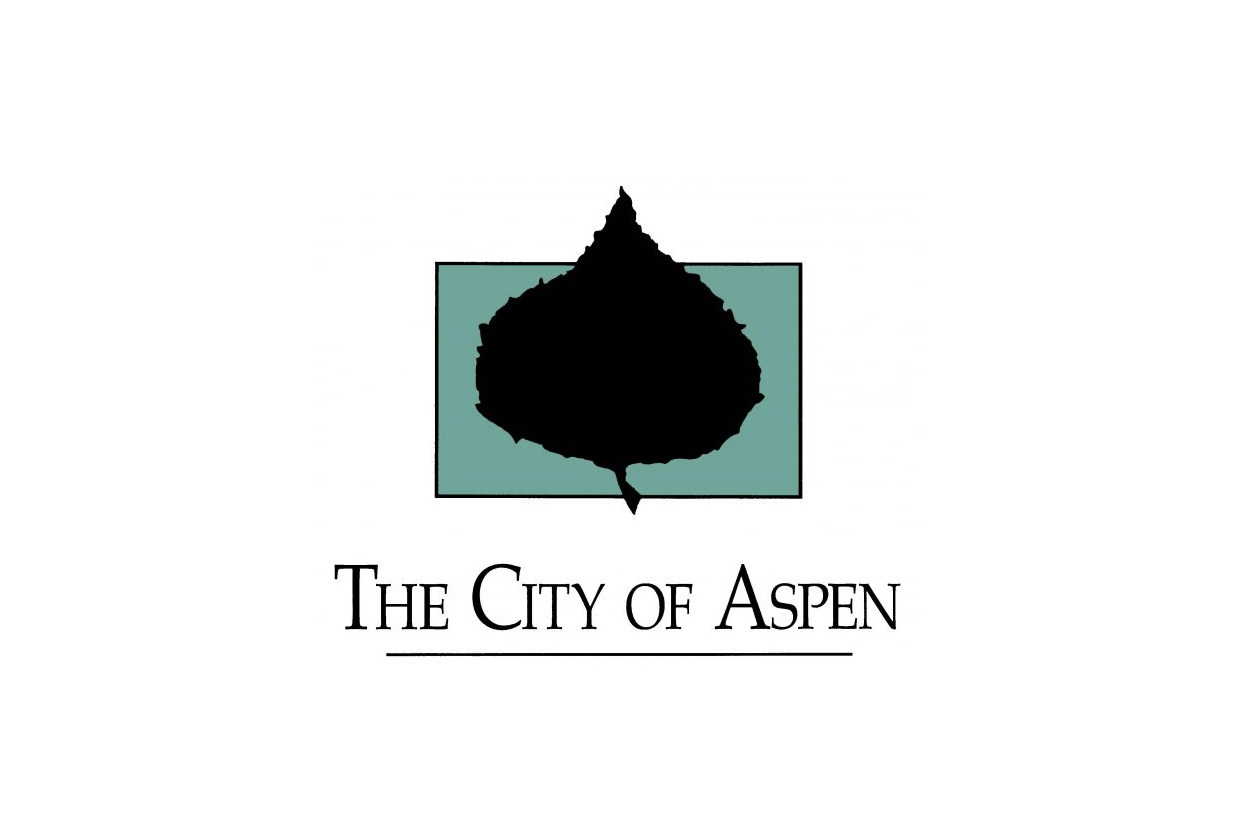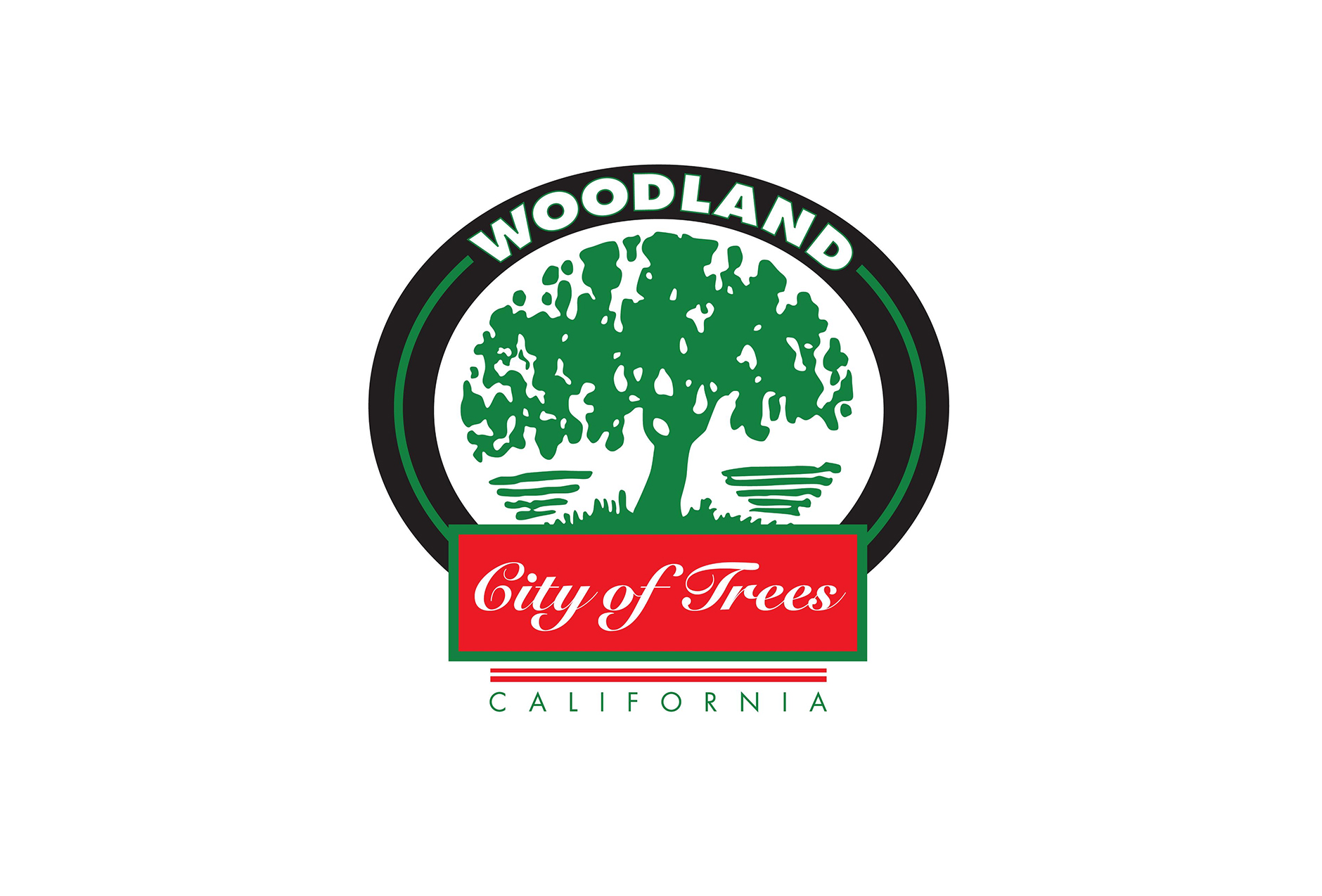Yesterday, the Biden administration announced a variety of new anti-tobacco initiatives as part of President Joe Biden’s Cancer Moonshot program.
While none of the announcements constitute new policy, they do reaffirm the Biden administration’s stance on tobacco—broadly, it is opposed—and show the president’s support for the U.S. Food & Drug Administration’s (FDA) plans to ban the sales of flavored cigars and menthol cigarettes.
The anti-tobacco initiatives announced yesterday include:
- New investments to reduce the impact of menthol and other flavored commercial tobacco products in communities that experience health disparities. The Centers for Disease Control and Prevention is announcing awardees of a new five-year, $15 million program to help increase adoption, implementation, and enforcement of policies prohibiting the sale of menthol and other flavored tobacco products and increase awareness of cessation services and coverage options among populations experiencing tobacco-related disparities in order to accelerate smoking cessation.
- A new plan to decrease the impact of smoking on Americans’ health by expanding efforts to prevent smoking and to support everyone who wants to quit. While the United States has made important progress, smoking remains the biggest single driver of cancer deaths in the country. To ensure Americans who want to quit have the support they need, the Department of Health and Human Services (HHS) will finalize its Framework to Support and Accelerate Smoking Cessation this year. This Framework, which was developed with public input, will be a roadmap for enhancing collaboration and coordination across HHS—and with federal agencies and non-governmental organizations—to equitably accelerate smoking cessation progress, with a specific focus on communities disproportionately impacted by tobacco use.
- New smoking cessation resources for underserved communities, including American Indian, Alaska Native, and Black communities, to reduce cancer health disparities. NCI’s SmokeFree.gov initiative is extending a partnership with the Indian Health Service to collaborate with experts from the University of Minnesota School of Public Health and the American Indian Cancer Foundation to launch SmokeFreeNative, a text messaging program to help American Indian and Alaska Native adolescents and adults quit smoking, while honoring the significance of traditional tobacco. Additionally, NCI is launching digital resources this fall on www.smokefree.gov to encourage and help people who smoke menthol cigarettes to quit. These resources were created to address barriers to quitting in communities that experience disparities caused by menthol cigarette use, with a particular focus on Black communities.
- A new pilot program to increase veteran engagement in tobacco use treatment. The Department of Veterans Affairs (VA), in collaboration with NCI, will conduct a clinical demonstration project to assess how to more effectively engage veterans in tobacco-use treatment programs. This clinical demonstration project will be implemented in the next year across a subset of Veterans Integrated Services Network clinical resource hubs and aims to address the high rates of tobacco use among veterans with mental health disorders and address gaps in the provision of treatment across facilities.
The U.S. Food & Drug Administration (FDA) has said that it will announce finalized rules that would ban flavored cigars and menthol cigarettes as early as this fall. Earlier this month, the agency clarified that the rules would be completed “in the coming months.”
Previously, the agency has said that it will not enforce compliance for at least one year, and it is widely expected that there will be lawsuits filed in response to these rules.



